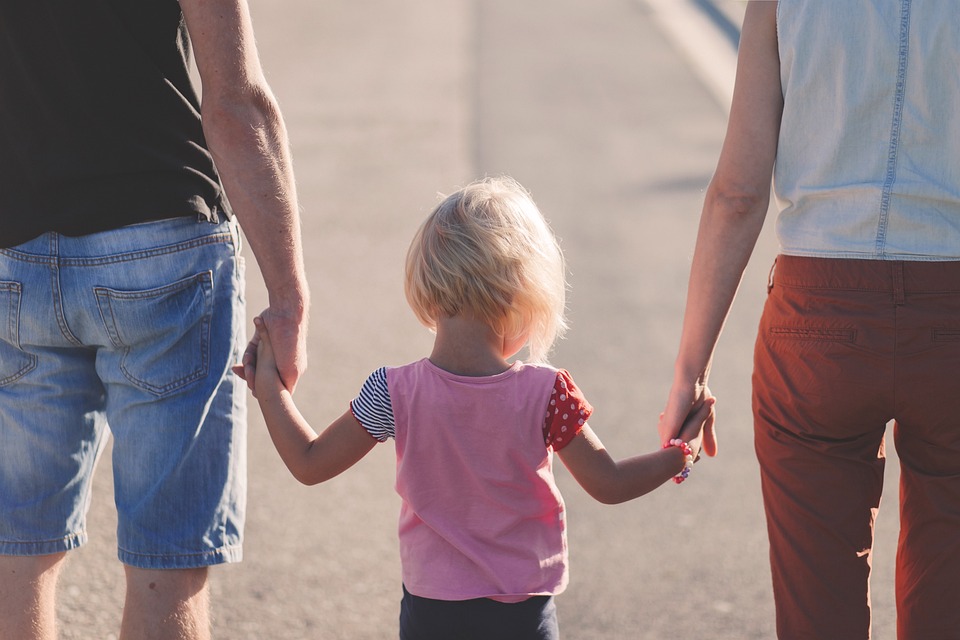Understanding the Different Types of Child Custody: Which Is the Best for Your kids?
Going through a divorce is never easy, even when it’s amicable. But when you have kids, the process can be even more challenging. The top priority for you and your spouse will be deciding who gets custody of your children.
You will, of course, always want to choose the option that’s best for your kids. But first things first. Before you can come up with the best custody solution, you need to know about the different types of child custody.
Hiring a Lawyer to Help You Get the Child Custody Deal You Want
Before we look at the different types of child custody, it’s worth mentioning that it’s advisable to hire a skilled lawyer. Even if your spouse is being amicable, it can be beneficial to have access to a child custody attorney who has the expertise and experience to help guide you through your options and choices.
And if parents can’t agree on custody, you will need a lawyer to help you present your case in front of a judge in court.
Legal Custody and Physical Custody
There are two main types of custody: legal custody and physical custody. Those two types can apply to one parent or both, as we shall see. But let’s first look at legal custody and physical custody in detail.
Legal Custody
When a parent has legal custody of his or her child, it means that that parent is legally responsible for the important decisions in how the child is brought up, such as which school the child attends and which religion the child follows.
Physical Custody
When a parent has physical custody of his or her child, it refers to the parent having responsibility for the child’s everyday care, such as providing food, accommodation, and clothing, and which parent’s residence is the primary residence of the child.
Sole Custody
Sole custody means only one parent has custody of the child. It can be applied to either legal custody or physical custody or both.
In cases where parents can’t agree between themselves as to who should have custody of their child, a judge in a court of law can determine which parent gets sole custody.
Joint Custody
Joint custody means both parents share either the physical custody or the legal custody of their child. Joint custody can be decided by the parents or by a judge. When parents have joint custody, it means both parents take part in making important decisions about their child’s life.
If custody is decided in a court of law, in many states, judges favor joint custody over sole custody because it enables both parents to play important parts in their child’s life, which is usually the most beneficial option for the child.
Joint custody doesn’t necessarily mean that the child spends an equal amount of time with both parents but it does mean the child spends significant amounts of time with both parents.
Final Thoughts
You should always choose the best custody option for your kids. However, that’s sometimes easier said than done, especially when you disagree with your soon-to-be ex-spouse.
But you should spend time talking through the options of legal custody, physical custody, sole custody, and joint custody to see if you can come to an agreement. If you can’t, it’s time to get lawyers involved and prepare for your day in court.
In fact, it can be useful to hire a lawyer regardless of your circumstances so that you can talk through your options and learn more about the legal complexities of child custody.




